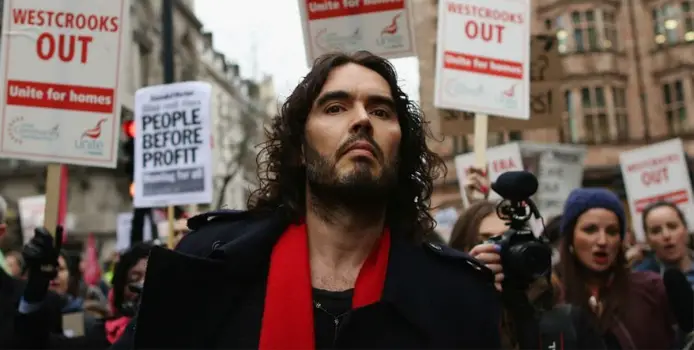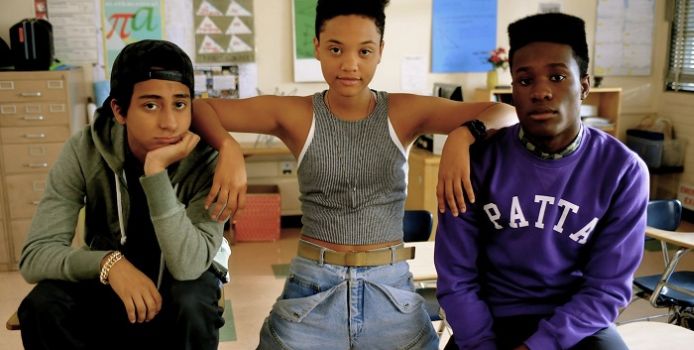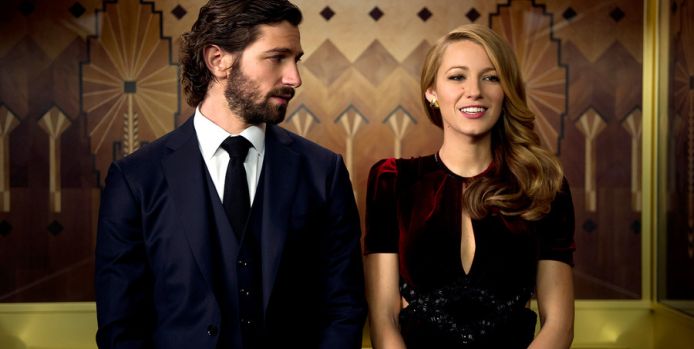Film Reviews

I was having a conversation recently with a friend who complained about how he gets annoyed when he sees child celebrities, as “they’ve already achieved more in life than I ever will and they are younger than me!” As a recent university graduate, without a firm footing into the grown-up world of work, I’m increasingly empathising with this statement, whilst also increasingly acknowledging how ridiculous it is. Why should I be bothered that people who are more talented than me are going places, just because they are younger?

I’ve been toiling over this review for about a week now. A large portion of mainstream film criticism has shifted towards tearing down films, blatantly nit-picking all aspects of a movie and continuously shouting nasty adjectives which seemingly constitutes as a review of a film. I get why it’s so big nowadays, being angry at or disappointed in something will always get a more humorous and memorable responses.

Le Havre (2011) is a still, quiet and dryly hilarious film. It has many of the qualities of a Japanese master like Mizoguchi, but if he had emigrated to a small French port and had been forced to make working class comedies. It focuses on a shoe shiner called Marcel Marx whose wife contracts a seemingly terminal disease.
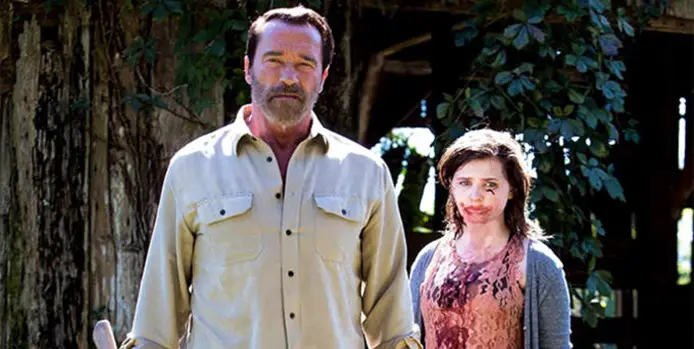
If there is ever a fitting description for Arnold Schwarzenegger’s cinematic persona, then it is this: action film hero. Time and time again, we’ve seen the ex-California Governor’s face adorning several iconic titles, portraying mere mortals (or robots in Terminator’s case) possessing near-superhuman ability, an eye for supersized weapons and a knack for crisp one-liners.

Before it had even stepped into the ring, Southpaw was dead on arrival. After all, although boxing isn’t the sport that has generated the most movies, it is the sport that has generated the most beloved cinematic classics – from Rocky and Raging Bull to the more recent likes of Million Dollar Baby and The Fighter. At the screening I attended, I was far more likely to greet it as an unwelcome entry to the boxing movie pantheon, due to the fact that the last trailer before the movie started was for Creed, the new Rocky spin-off that benefits from having Sylvester Stallone yet again reprising his most iconic role.
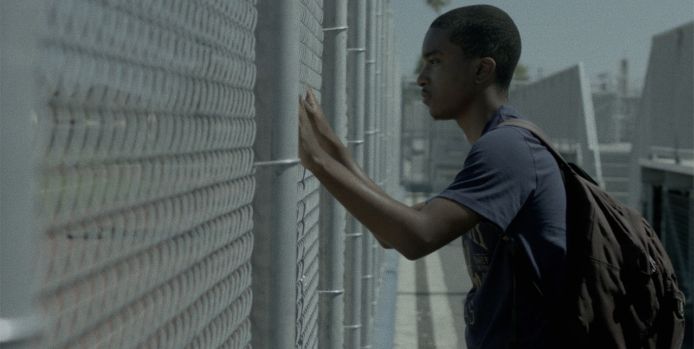
Terrance is a documentary short made by Joris Debeij and forms part of a series of films (I Am Los Angeles) that focus on the stories of people who live in Los Angeles. Terrance documents the life of the young black teenager, Terrance Thompson, his losses, and his resulting depression. All things going to plan, Terrance Thompson will have graduated high school by the time you read this review.

Asif Kapadia isn’t the documentary filmmaker of our times, but he is one of the most timely. In the digital age where all information is online, he manages to make movies comprised almost entirely of footage that can be found on YouTube and somehow turn them into major events in documentary cinema. Since his (ever so slightly overrated) 2011 effort Senna, his style as a documentarian has stubbornly refused to change, yet the way he manipulates archive footage to create something new and horrifying is unparalleled, even if it frequently favours emotional manipulation over creating a deeper look at the self-destructive life of subject Amy Winehouse.
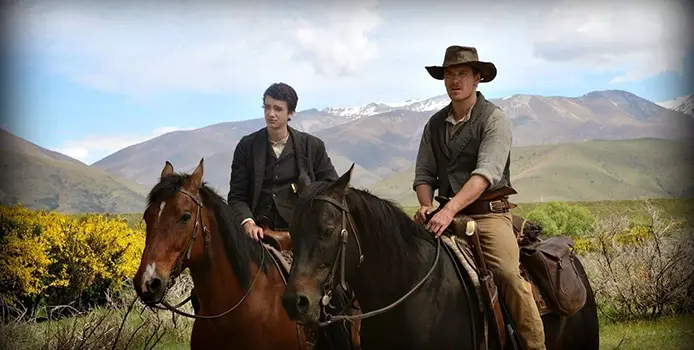
More than 150 years after the old West faded into legend, the western genre is still very much alive and well. Slow West is the feature debut of writer-director John Maclean. Although it contains some clear watermarks of a first-time director, it is also among the more unique modern westerns in the way that it plays around with traditional western tropes and conventions.
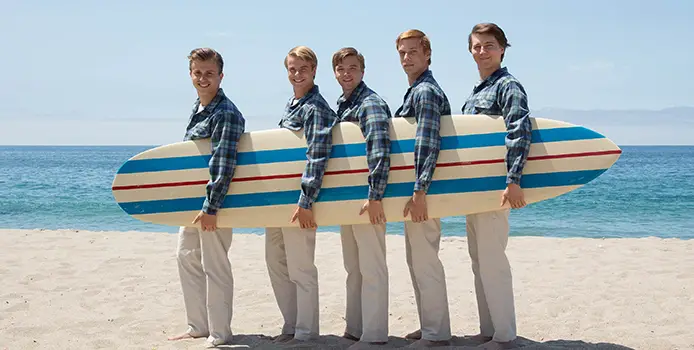
Ever since the glory days of silent cinema, Hollywood has been criticised of running out of ideas. This is why the biopic is the perfect genre for screenwriters and directors. A typical life doesn’t neatly fit into a simple three-act structure, but by highlighting an individual’s greatest successes, and framing them in a way that makes everything else inconsequential by comparison, you can turn something as uninteresting as somebody’s life into a thrilling drama.

Before watching Ant-Man, it would be safe to predict that the movie would be the film that destroys the foundations of the Marvel Cinematic Universe. This is a film that has suffered from well-publicised production troubles, leading many to question the artistic integrity of the directors the studio chooses to helm its projects, whose directorial vision has to be sacrificed in order to create another chapter in studio head Kevin Feige’s grand master plan. Production troubles sometimes lead to fantastic movies, but more often than not, they lead to gigantic box office flops – not even the seemingly unbeatable Marvel can overcome that, surely?

At the start of Andrew Bujalski’s latest film, Results, Danny (Kevin Corrigan) entreats his wife, Christine (Elizabeth Berridge), from the street below the open window of their New York apartment to let him back into the marital home. She closes the window, so he grabs its ledge in an attempt to pull himself up to and through the plate glass barrier. Danny, who carries Corrigan’s rosaceous, wan features, brittle hair, and generous paunch (sorry, Kevin), quickly drops to the ground.


